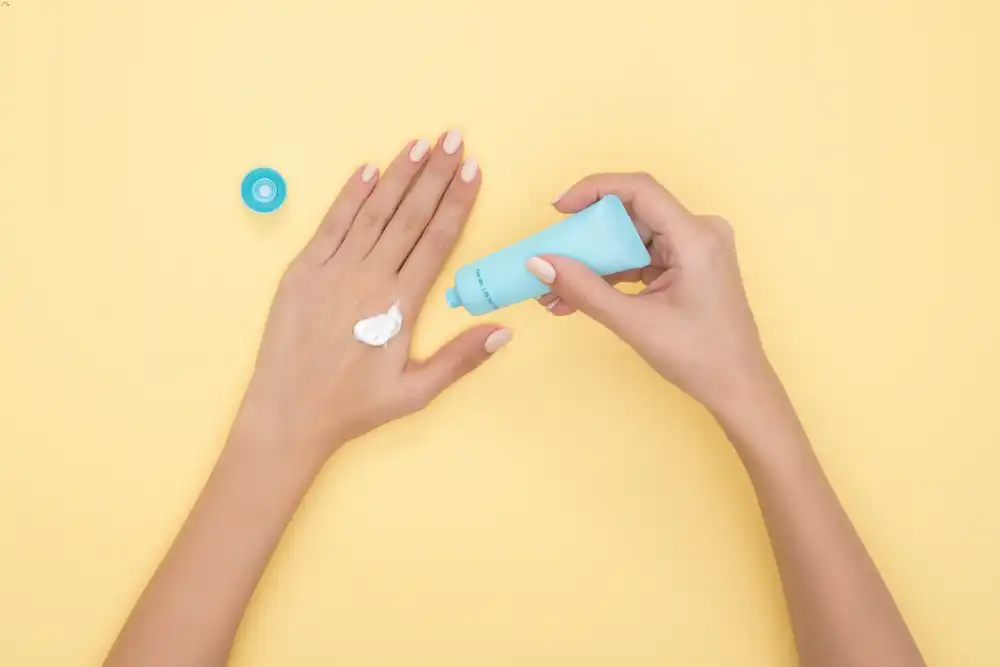Sunscreens are classified as mineral (physical) or chemical. You may have noticed these labels on sunscreen products.
A sunscreen’s active ingredients determine how UV rays are disarmed so UV radiation does not burn your skin and protects your skin from sun damage-related aging! Understanding the difference can help you to find the right product.
Mineral sunscreens protect by providing a barrier to deflect and scatter UV rays. The common active ingredients include zinc oxide or titanium dioxide. It is preferred for fair complexions that burn easily, and baby or children’s sunscreen products. This is not a preferred choice for acne-prone complexions. Sensitive Skin, avoid other ingredients such as oils, PABA, and ingredients that can irritate the skin. There is no unique “Sports Sunscreen”. Because of sweating and the risk of getting into the eyes a Mineral Sunscreen that is very water resistant is a good choice.
Chemical sunscreen protects by absorbing UV rays and preventing damage to the skin. Chemical sunscreens tend to be more sheer, natural appearing, and lightweight. The active ingredients include one or more of the following ingredients oxybenzone, avobenzone, octiscalate, octocrylene, homosalate, and octinoxate.
When selecting a product consider how you want to use it. Creams are good for dry skin and face. Sticks are good for lips around the eyes. Gels are preferred for oily complexions, scalp, and hairy areas. Sprays are easy to apply but also miss areas. The recommendation is after spraying rub it all over the area. Spray into your hands to apply to the face. Tinted sunscreens help deflect the white cast left on the skin from some physical sunscreens – sample on your skin before purchase. Some sunscreens are combined with moisturizers and cosmetics, they are protective and act as a skincare!
Mosquito and no see um season is underway, a sunscreen with an Insect repellant is not recommended by ADA because sunscreen should be applied frequently, and insect repellant is applied much less frequently Purchase separately.
If you have a history of sunburn and /or unprotected sun exposure or a family history of melanoma, ADA recommends a total body skin check annually. You can contact PHDermatology Sarasota at Ph. 941-957-4767 to set up a consultation/appointment.
Follow our weekly blog for more tips and answers to your questions regarding Skin Health.
Nancy Gardner Ph.D., Nurse Practitioner PHDermatology, Sarasota Florida

